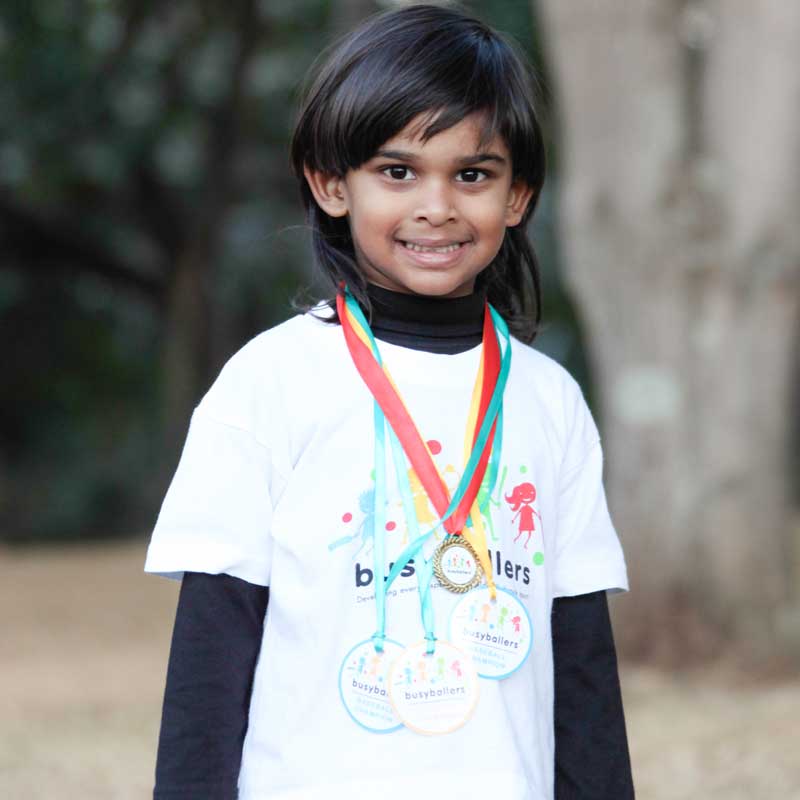Sportsmanship
“Sportsmanship for me is when a guy walks off the court and you really can’t tell if he won or lost,
when he carries himself with pride either way!” – Jim Courier
Busyballers is not just about sport and the skills required in order to play the game… Busyballers is about life and the skills – physical, mental and emotional – that help us to lead the best life possible. Good sportsmanship is a very difficult life skill to grasp and sometimes as adults we struggle with this too!
The definition of ‘sportsmanship’ is ‘fair and generous behaviour or treatment of others, especially in a sporting contest’
Sportsmanship can be further defined as:
- Playing fairly
- Following the rules of the game
- Respecting the judgement of umpires and officials
- Respecting coaches of both teams
- Treating teammates and opponents with respect
8 ways to encourage your child to display Good Sportsmanship:
- Teach them the rules of the game and encourage them to play fairly.
- Teach them to respect team mates and coaches by arriving for practice, working hard and working together.
- Teach them to talk and act in a positive manner before, during and after the game.
- Teach them to keep an even temperament even when those around them are losing their cool.
- Teach them to encourage teammates and avoid talking badly to the other team.
- Teach them to acknowledge good plays even if they were made by their opponents.
- Teach them to accept the calls of umpires, even if you do not agree with them.
- Teach them that win or lose they need to congratulate and thank their opponents.
How we teach Sportsmanship at Busyballers:
When children reach the age of about 4,5 years old we start to introduce the concept of good sportsmanship into the lesson. Every week the children will have the chance to win a medal. This medal is theirs to keep. The criteria for winning the medal are good listening skills, trying hard, being kind to their team mates, persevering and/or achieving a task that a child has not been able to achieve before. The medal does not necessarily go to the best performer. Every week the coach will explain the criteria and remind the children that they should be happy for the winners. If it is not your child’s turn to win, please remember to praise them for participating and always trying their best. If your child is upset about not winning the medal please explain (as we do after every lesson) that they will have a turn and that they just need to wait for their turn. We can’t all be winners at the same time!
How Sportsmanship sets us up for life:
When we teach our children about good sportsmanship we are teaching them about the importance of keeping a positive attitude in the way we handle both good and bad situations in life – both on and off the field. We teach them how to respect their elders or people in higher positions than themselves (teachers or bosses). We teach them how to work together to achieve a common goal (customers or co-workers).
We teach them that winning is not everything and that the joy is in playing the game.
So proud of his medals – he wears them all at once and never wants to take them off!



